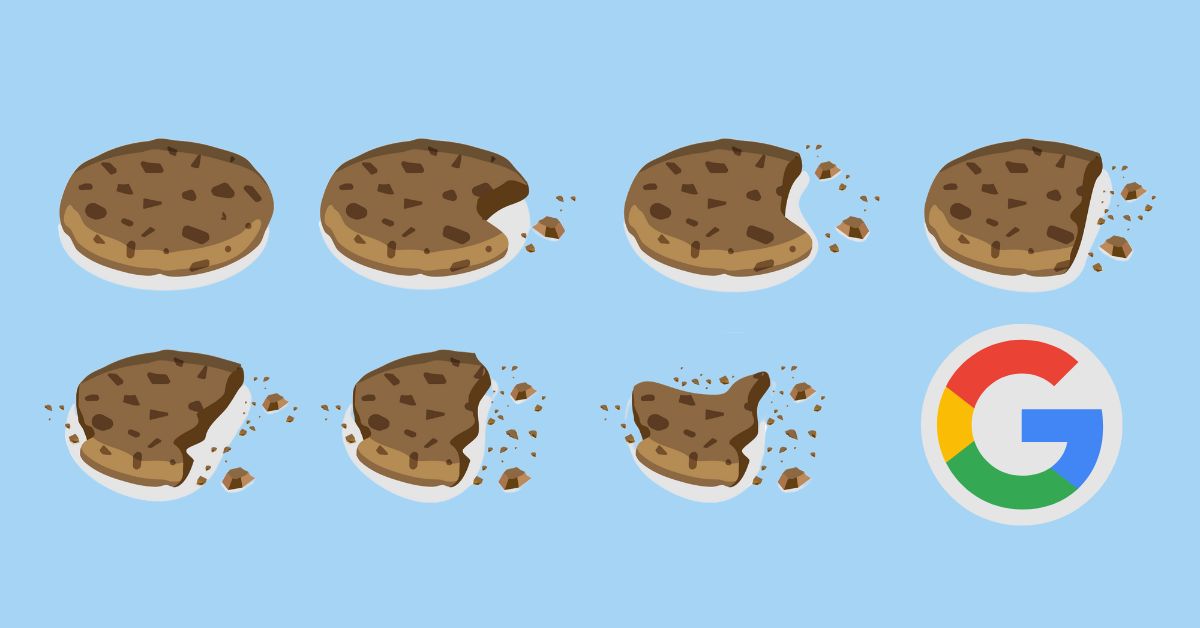Google’s final surrender in the Cookie Wars
Let’s call this what it is: Google finally waved the white flag.
After years of flip–flopping, Google has officially thrown in the towel on its plan to phase out third-party cookies in Chrome. For digital marketers who’ve been riding this rollercoaster since 2019, this marks the end of a frustrating cycle of preparing for cookie deprecation only to have deadlines repeatedly pushed back.
Anthony Chavez, VP of Google’s Privacy Sandbox initiative, announced that the company will maintain third-party cookie support in Chrome. No more deadlines. No more warnings. No more scrambling to adapt to ever-changing privacy frameworks.
The on-again, off-again saga of third party cookies
- First came the 2019 announcement that cookies would be phased out within two years.
- Next the introduction of the Federated Learning of Cohorts (FLoC) project was met with industry criticism.
- Then we got the Topics API with its repeatedly postponed implementation deadlines throughout 2022 and beyond.
Each time, marketing teams invested resources into preparing for a cookie-less world, only to watch Google backpedal. This final capitulation comes after years of fruitless attempts to replace the tracking technology that powers much of digital advertising.
Which means all that money you spent? All those meetings? All those panicked strategy sessions?
Wasted.

Why this matters to your marketing
For marketers, this decision provides temporary certainty in an otherwise turbulent privacy landscape. Your existing tracking implementations and attribution models that rely on third-party cookies will continue functioning in Chrome.
But let’s not forget that other browsers like Safari and Firefox already block third-party cookies by default.
So what does this mean for you? It means you’ve got a reprieve, not a pardon.
Future-proofing with first-party data
While Google’s reversal buys time, smart marketers know that first-party data remains the gold standard for sustainable marketing measurement.
At SegMetrics, we’ve always taken this approach, using only first-party cookies for tracking and attribution.
Unlike third-party cookies that can be blocked by browsers and ad-blockers, first-party cookies are created and stored by the website a user is directly visiting. This means SegMetrics’ tracking continues to function regardless of browser privacy policies.
And we never share data across sites, ensuring both compliance with evolving privacy standards and more accurate attribution.
Your marketing decisions should be based on data that won’t vanish overnight.
How to move forward with confidence
While Google may have abandoned its cookie-killing plans, the industry continues moving toward more privacy-focused solutions.
By leveraging platforms built on first-party data — like SegMetrics — marketers can build attribution models that won’t crumble with the next privacy announcement or policy shift.
The cookie may live another day, but the smart money’s still on first-party data.



